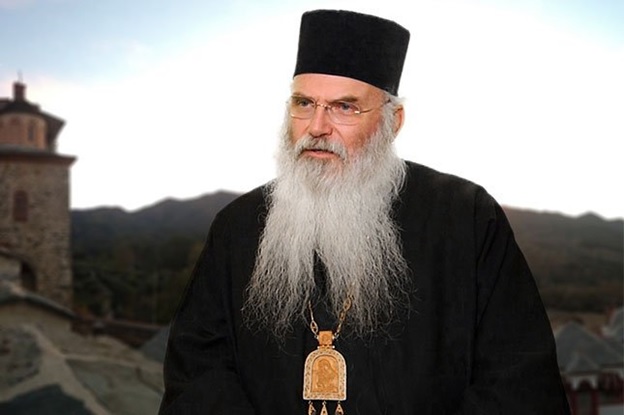Answers on evolution
7 July 2023INTERVIEW
Q. As a person who believes in God, how would it strike you to know that someone would like to engage in modern research, particularly something which doubts God, such as genetic engineering, cosmology or neurology?
A. Any research which is undertaken in order to cast doubt on God is suffering from the sickness of prejudice. Research aims at discovering a scientific truth. What’s the problem if people want to broaden the horizons of their thought and knowledge? It’s a way of coming closer to God. God isn’t an ideology that we have to defend come what may; we believe in him because he’s Truth. In this sense, scientific truth also reveals him. And if there are doubts about him, it’s time we knew. Believers who fear scientific research fear the truth. Or rather, they’re believers who don’t believe.

Q. What do you say to the theory of evolution? Doesn’t it conflict with the teaching of the Church?
A. On this particular subject, the teaching of the Church is based on the God-inspired book of Genesis. This isn’t a physics or biology book. The important thing that it deals with isn’t whether, when he made us, God used earth, nor where he found it, but the fact that we’re made ‘in the image and likeness’ of God. All the rest are details. Could science invalidate that? Beyond that, however, if science is able to improve our interpretation of the world and our image of it, why should we doubt it? At most we might say that there are certain things which we understand better.
Our resemblance to God, that is the fact that we’re made from God’s breath and formed with the divine likeness as our destination, can’t ever be altered by science. It’s just that certain conceited scientists can cast doubt on it.
Q. In other words, it doesn’t matter if we’re descended from animals?
A. What’s important is our descent from and kinship to God. That God made us, not how he made us. And also there’s the danger, not that we’re descended from animals, but that we’ll end up like them: ‘Those who were held in honor did not understand. They were comparable to beasts and became like them’. Although our destination is to become like God, we’ll still try to prove that we’re animals.
So the problem isn’t the scientific confirmation of evolution, but adherence to an unwholesome interpretation of it. This doesn’t prove the non-existence of God, but demonstrates our impassioned myopia. Exchanging our divine prospects for a foolhardy degeneration into animals. Even an animal wouldn’t want that.
Q. Yet we do have important similarities to animals and we should find out their significance.
A. I’m surprised at the interest in our similarity to animals. If there were commensurate interest in our kinship to God, things would be very different. We have to discover the significance of this kinship. As for the animals, certainly there are similarities. Our body resembles that of the upper mammals. We can even learn from animals and their instinctive virtues. There are so many examples in holy scripture. In his Sermon on the Mount, Christ himself invites us to observe the birds of the air and, after a fashion, to imitate them.
But what’s important is our differences from the animals. People are psychosomatic. This is the source of our worth. It’s time we turned our attention away from similarity to animals and towards the potential of a likeness to God.
Comment: The answers are valid. Moreover, ‘in the image’ denotes the state of God’s intention and energies- a state we call love- with which we’re imbued as our primary form of expression. Through disobedience we tarnish this image and through constant apostasy we become estranged from our status as God’s children.






